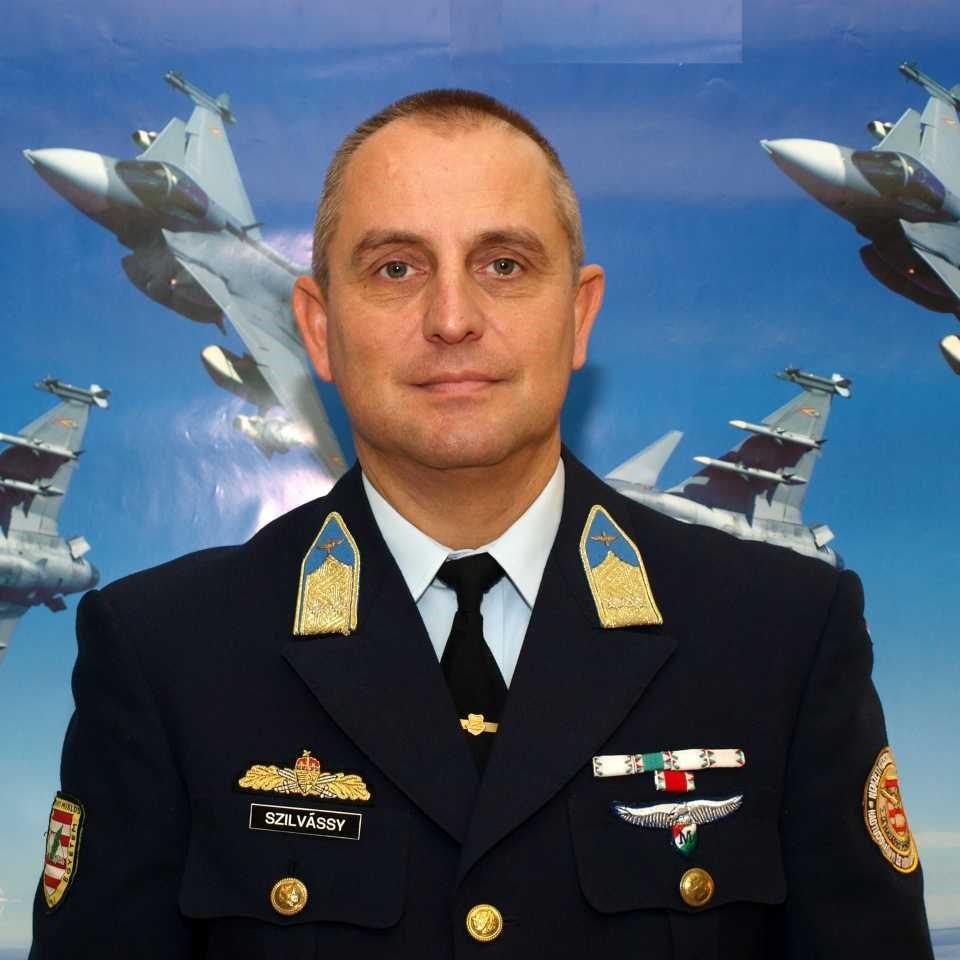Department of Aircraft Onboard Systems
Department of Aircraft Onboard Systems
Col. László Szilvássy, PhD, Associate Professor
Head of Department
Lieutenant Colonel Szilvássy graduated in the former Soviet Union at Military University of Air Defence Engineering, Kiev (Ukraine) in 1991 as electromechanical engineer. His first place of service was Air Defence Regiment in Keszthely, where he was first a maintenance engineer of locators and then as Second in Command of Technical Battalion. In 2007, he obtained his PhD degree at the Zrínyi Miklós National Defence University. Dr. Szilvassy’s scientific activity covers the following areas: modernization of air weapon system and aircraft self-defence devices.
Contacts
Office: H-5008 Kilián út 1. Szolnok
Phone: +36-56-512-535
E-mail: szilvassy.laszlo@uni-nke.hu
Department of Aircraft Onboard Systems
Head of Department: Col. László Szilvássy, PhD, Associate Professor
The Department provides modern, high-level training for the future aviation technical officers and conversion and postgraduate courses for the technical staff of the Air Force. These specialists, after graduation, are able to operate and maintain airplanes and helicopters using national and international procedures.
The staff of the Department, besides the everyday teaching perform high-level scientific work. This scientific work covers numerous fields of aviation with the priority of the aviation technical field. Our staff members participate in national and international forums and conferences and present their scientific results in different conference proceedings and scientific bulletins. Additionally, they prepare their talented students to make their first steps into scientific work.
The main fields of the Department's scientific and research activities are:
- aircraft energy systems;
- application opportunities of Unmanned Aerial Vehicles;
- examination of the applied maintenance system of military aviation;
- electric powered aircraft – renewable energy on board;
- modernisation opportunities of aircraft on-board armament systems and
- aircraft self-defence devices (self-defence systems for military and civil passengers and cargo aircraft);
- possibilities, technical limitations and ethical issues of the use of unmanned aerial vehicle systems (UAS) for national security purposes;
- investigating the risks of collision between aircraft and drones in order to increase flight safety, possible solutions to reduce the risk of collisions.
